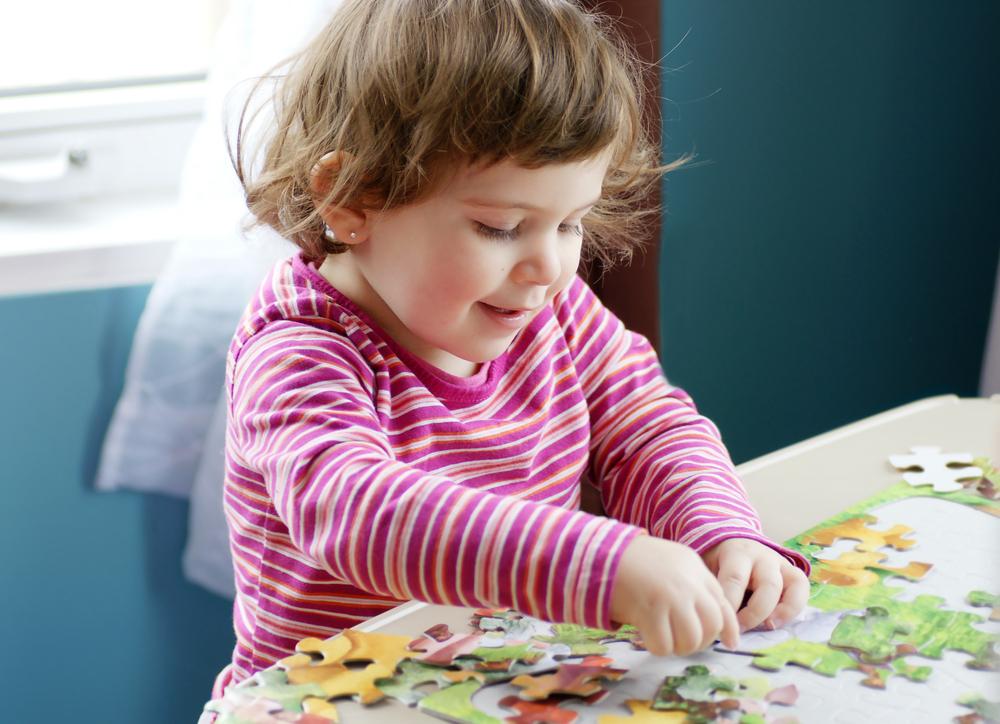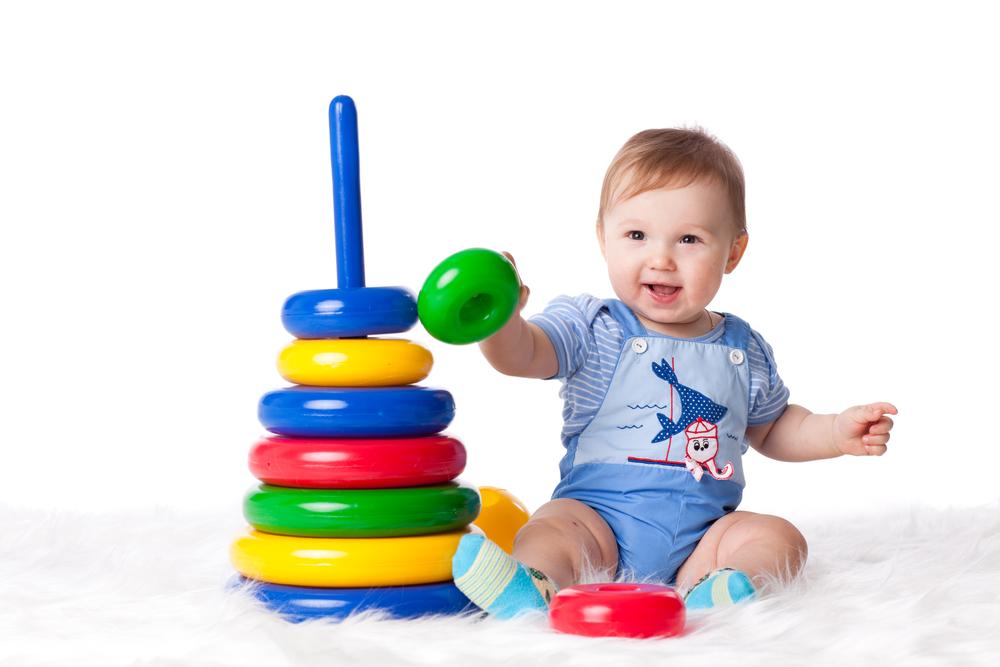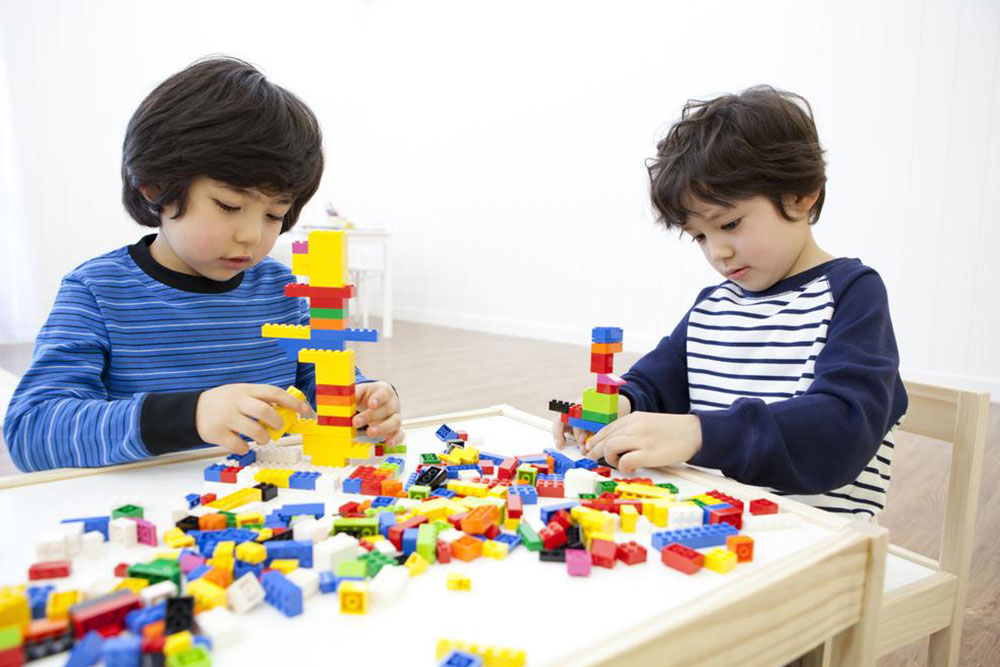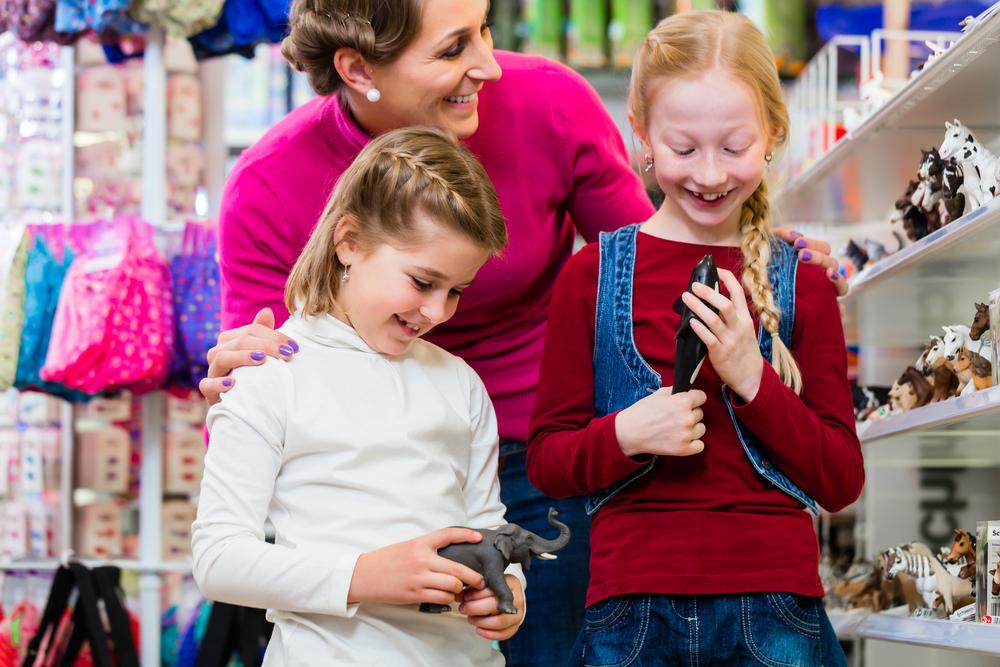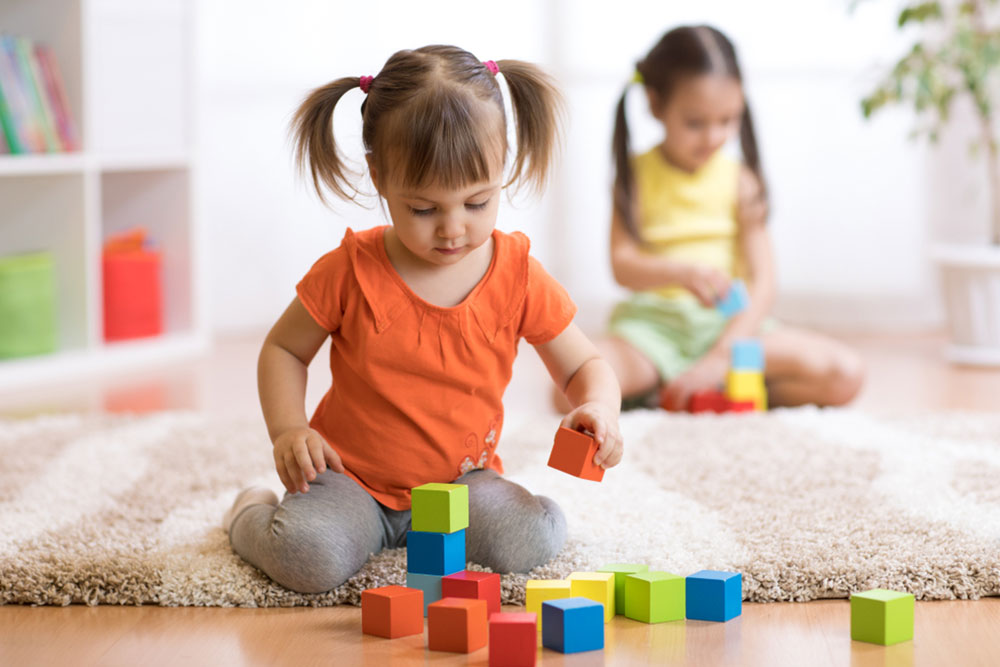Essential Role of Toys in Child Development: Top 5 Reasons
Discover why toys are essential for your child's growth. This article highlights five key reasons, including learning through play, physical skill development, cognitive growth, and social skills enhancement. Proper toys facilitate early development in a fun and engaging manner, making them indispensable in your child's formative years. Learn how selecting the right toys can support your child's overall progress in a safe and stimulating environment.
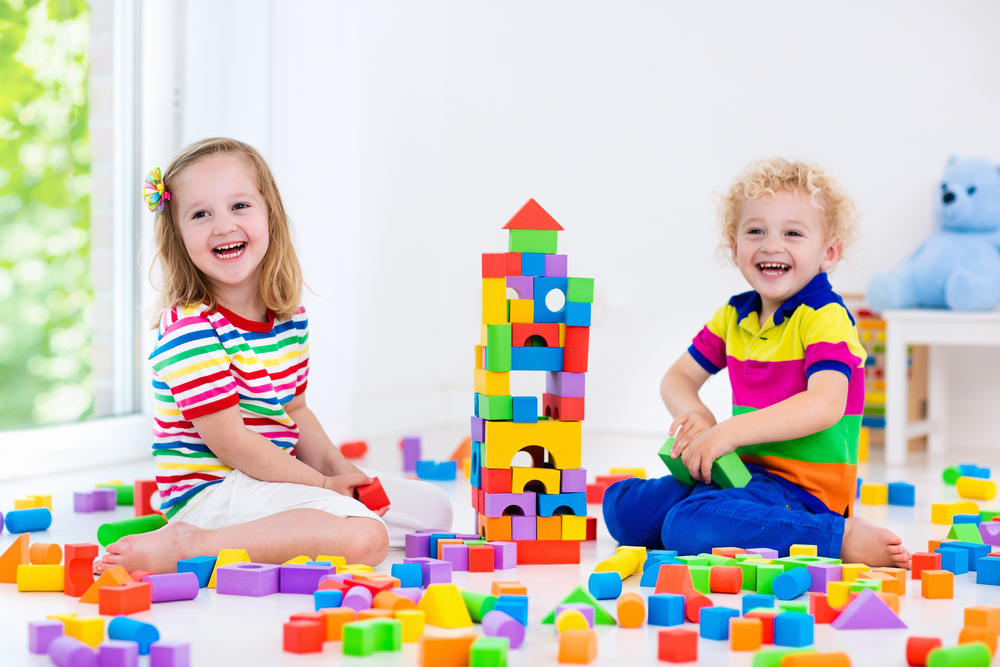
Top 5 Reasons Why Toys Are Crucial for Child Growth
Many new parents remain unaware of how vital toys are in enhancing their child's development. Scientific research confirms that playthings are essential tools that foster early growth and learning during childhood.
Experts, including caregivers and educators, emphasize that toys significantly contribute to a child's overall development. Here are the five key reasons why incorporating toys into your child's routine is beneficial.
Learning Through Play
One of the primary benefits of toys is that they enable children to learn while having fun. Play activities serve as excellent opportunities for children to grasp new, complex concepts through interactive play.
For instance, themed toy sets like medical kits or kitchen accessories are designed for toddlers, avoiding small parts that pose choking hazards. Such toys are instrumental in fostering early learning during playtime.
Enhancing physical abilities is another advantage. Simple activities like tossing a ball or fetching objects with your child help develop motor skills.
These games assist children in recognizing shapes and colors, developing their grasping and holding skills. Certain toys that require pressing buttons or reacting to lights further boost reflexes and coordination—acting as physical exercises for kids.
Fostering Intellectual Growth
Toys also promote mental development by encouraging problem-solving and critical thinking. When children explore how a toy works or figure out how to operate it, their logical and reasoning skills are stimulated.
Learning Sharing and Social Skills
Playdates with toys help children learn social behaviors like sharing and cooperation. Structured play involves specific toys guided by adults, helping children understand the purpose of each item. Unstructured play allows for creative exploration, both contributing to social and emotional growth.
Supporting Cognitive Development
Introducing various toys allows children to explore their environment, enhancing their sensory and cognitive skills. Touch, sound, and sight interactions help them understand the world around them better.
Ultimately, toys are entertaining and serve as critical tools that support the physical, mental, social, and emotional development of your child.
Note:
Our blog provides insightful content across multiple categories, aiming to inform and educate readers. While the information is based on research, it should not be considered exhaustive or definitive. The publishers are not responsible for discrepancies or updates, and readers should seek professional advice for specific concerns. Additionally, certain offers or schemes may vary and are not guaranteed.

